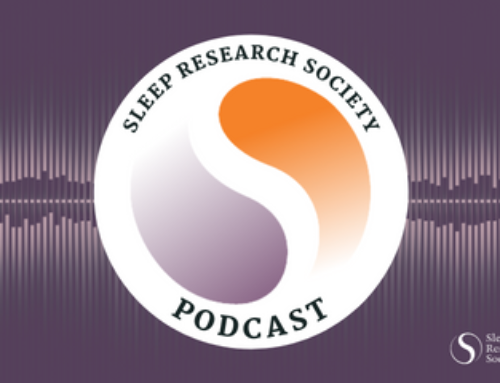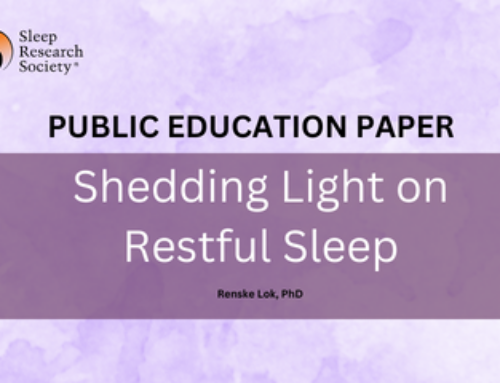By Thomas Roth, PhD
Allan Rechtschaffen 1927-2021
Allan Rechtschaffen died in his home, after a long illness, on November 29, 2021. He was 94 years old.
Al, as he was known to his friends and colleagues, was born in New York City and grew up in the Bronx. He attended the City College of New York where he received BA and MA degrees. He obtained his PhD in Clinical Psychology in 1956 from Northwestern University. After working in a VA Hospital, he joined The University of Chicago Department of Psychiatry in 1957 as a clinical psychologist. He soon started his sleep research career as the founder and director of the sleep research laboratory within the department. He held this position until his retirement 40 years later.
Dr. Rechtschffen was a pioneer in the field of sleep and dream research. Not only did he have a prolific research career including the first paper to describe narcolepsy, but he also provided distinguished service to the field holding numerous leadership positions. He was keenly aware of the infrastructure needs for a new scientific discipline and undertook initiatives to meet them. He hosted the first sleep meeting in 1960 in Chicago. He chaired the panel that created the standardized manual for scoring the stages of human sleep, which continues to be the basis of sleep stage scoring to this day. Before the era of PDFs and Medline searches, Rechtschaffen created a library, which contained virtually all of the papers and books on sleep and its disorders. The library was routinely visited by researchers from the U.S. as well as other countries. Importantly, he populated the field of sleep research overseeing 25 doctoral students most of whom remain important contributors to the field. His laboratory also hosted many researchers to conduct studies. Dr. Foulkes did his early dream research, Dr. Bendrich Roth demonstrated REM onsets in narcolepsy, and Dr. Gerald Vogel performed his early studies in sleep and depression, all in Al’s laboratory.
Al had a single-mindedness about his research. While he had forays into a variety of clinical areas, dream research, and basic sleep research, the entirety of his career was devoted to understanding the function of sleep. In studying sleep function, he used a multitude of approaches from understanding phylogenetic changes in sleep, changes across the life span, lesioning experiments and sleep deprivation. Al is best known for his total sleep and selective REM deprivation studies. He developed a technique to overcome the confound of stress that plagued previous sleep deprivation research. Using this new technique, he showed total sleep deprivation in rats resulted in significant health effects and that they died after about two weeks. Rats deprived selectively of REM sleep survived longer, but ultimately died as well. During the deprivation period rats demonstrated a sharp drop in body temperature. Al hypothesized that sleep is essential for thermoregulation. Using this deprivation paradigm, he published over 25 manuscripts. The Journal Sleep dedicated an entire issue to these studies in 1989.
“If sleep does not serve an absolutely vital function, then it is the biggest mistake the evolutionary process has ever made.” – Allan Rechtschaffen
Al was widely recognized for his seminal research contributions and was awarded the first Distinguished Scientist Award from the Sleep Research Society in 1989. He also served as president of the SRS. Another testament to the impact of his work is his NIMH funding history. He was initially funded by NIMH to study sleep in 1960 and that grant was continuously renewed for nearly 40 years through 1999.
As singular as his scientific contributions were to sleep research, Al was singular in a myriad of other ways. He had an unparalleled work ethic. He demonstrated integrity in all aspects of his life ranging from authorship on scientific papers to caring for the homeless in Chicago. He had a profound commitment to his students, his colleagues, and his family. He was an exceptional father and husband to his wife Karen of 40 years who was the center of his life. Al and Karen raised three daughters: Laura, Katherine, and Amy. Al loved being a father and grandfather to four grandchildren.
View an SRS interview with Dr. Rechtschaffen here.






